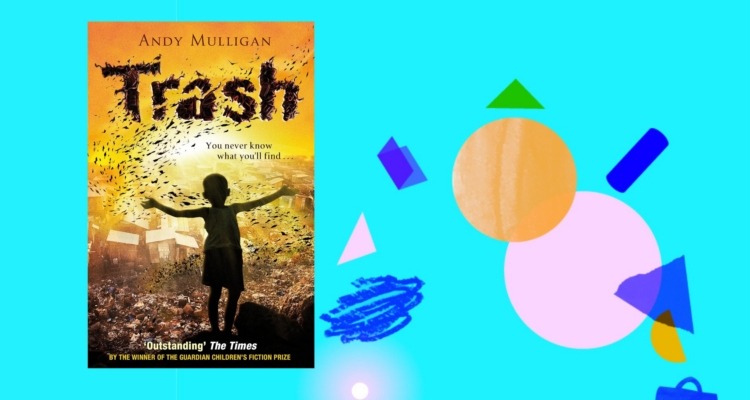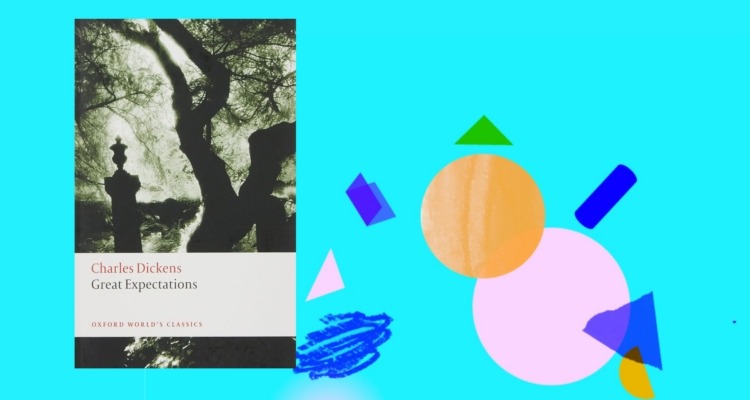Featured Poem: William Blake, ‘I saw a chapel all of gold’
By Jonathan Roberts
This poem is quintessential Blake. It comes from one of his notebooks known as 'The Rossetti Manuscript' which was bought, twenty years after Blake's death, by Dante Gabriel Rossetti from Samuel Palmer’s brother. The intellectual independence of the work in the notebook was an inspiration to the nascent Pre-Raphaelite movement.
'I saw a chapel all of gold' was probably written around the time of Songs of Experience (1794), and like 'The Sick Rose' explores the human impact of social and religious systems that simultaneously idealize and denigrate sexuality. The narrative is brief: mourning worshippers stand outside a golden chapel. Without announcement, a serpent bursts down the chapel doors, slides up the aisle, and vomits onto the altar, onto the sacramental bread and wine. The narrator, appalled by this scene, turns away from it, preferring to lie down among the pigs in a sty - the abject state reached by the prodigal son (Luke 15:11-32).
What is Blake up to? The genital symbolism of the poem is clear: the serpent is phallic, the chapel pristine and virginal. The event is a figuration of a transgressive sexual encounter. The ejaculation of the final stanza could harldy be more offensive given the context. When female sexuality is idealized, the poem suggests, repression and denigration will follow.
To secular eyes, Blake's concern with the religious idealization of female sexuality may seem a thing from another age. Not so - the issues remain though the framework has changed: in terms of (principally female) sexuality, religious idealizations have simply been replaced with the idealizations of commodity culture. Christianity, Blake argues, should mean human liberation, not dehumanizing repression. Idealization - his work asserts - is a dangerous abstraction that ultimately leads to the denigration of all those involved: subjects, agents, and spectators.
'I saw a chapel all of gold'
I saw a chapel all of gold
That none did dare to enter in
And many weeping stood without
Weeping mourning worshipping
I saw a serpent rise between
The white pillars of the door
And he forcd & forcd & forcd
Down the golden hinges tore
And along the pavement sweet
Set with pearls & rubies bright
All his slimy length he drew
Till upon the altar white
Vomiting his poison out
On the bread & on the wine
So I turnd into a sty
And laid me down among the swine
__
Jonathan Roberts is Lecturer in Romantic Literature in the School of English, University of Liverpool. His book William Blake's Poetry was published by Continuum in 2007.
Share
Related Articles

World Book Day® and The Reader celebrate the fun of reading
National reading charity World Book Day is partnering with Shared Reading charity The Reader for a fun-filled day in…

February’s Title Pick for Children: Trash by Andy Mulligan
Through our Bookshelf this year we are exploring the different places that people call home. From the very beginning…

February’s Title Pick for Adults: Great Expectations by Charles Dickens
Great Expectations by Charles Dickens The Reader’s staff and volunteers have been leading Shared Reading groups in many different…


